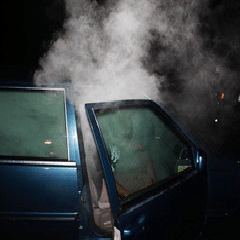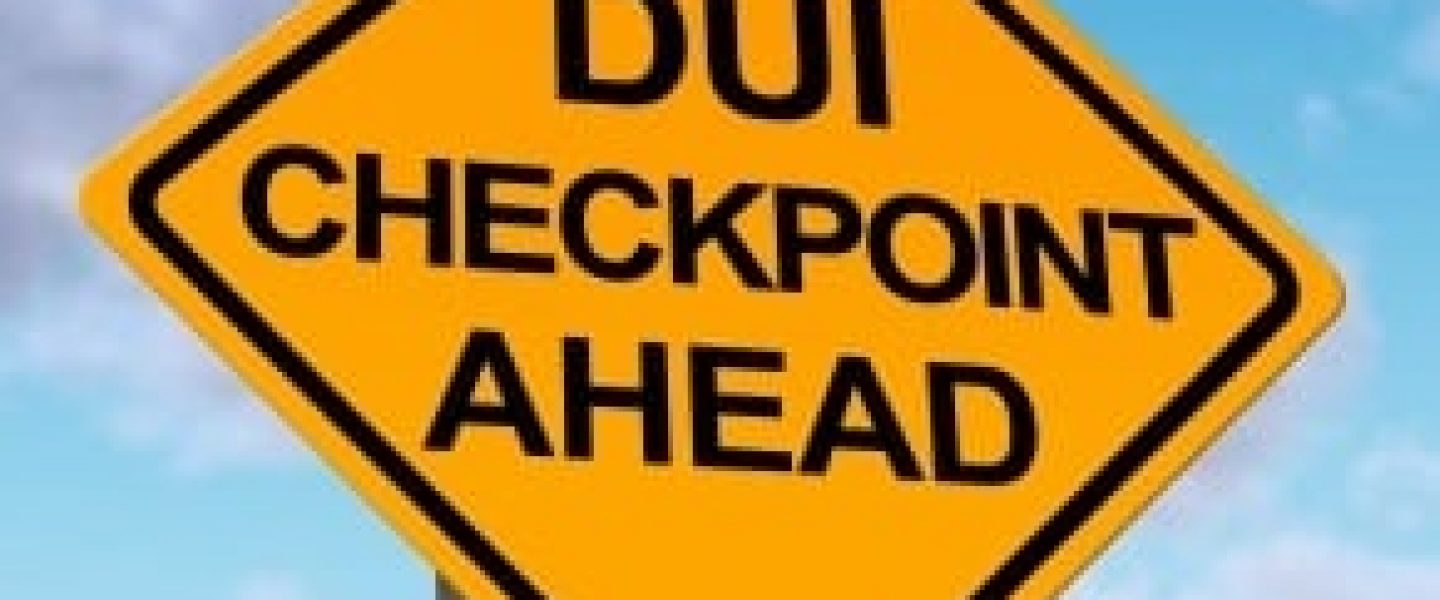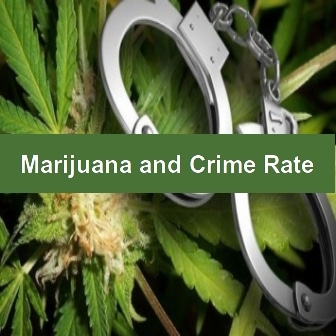It’s not terribly surprising that most people don’t know the difference between a DUI and a DWI charge since both are related to drinking and driving. Unless you’ve received both charges at some point, it’s not very likely that you’d bother to find out what separates one from the other. And yet, in most cases there is a very big distinction between what the two charges indicate, as well as the penalties they incur. Now, you might think that because you rarely drive after having a drink you’ll never need to bother learning your way around drinking-and-driving related charges. But you only have to get pulled over once after a single drink to become intimately familiar with at least one of these criminal charges. Perhaps if you know what’s coming should you get caught, you’ll be more likely to avoid the situation altogether.
A DUI charge is given for Driving Under the Influence (of alcohol or another substance) and it is by far the lesser of the two charges, and therefore preferable, all things considered. This charge is levied by the officer that pulls you over and it is based on a couple of different criteria. The first is a breathalyzer test, which will determine your blood alcohol concentration (BAC). The legal limit is 0.08%, but a ticket can be given even if your reading is within that limit. In fact, a DUI is given only if the number you blow is under 0.08%. The real reason a DUI is generally given is because you appear unfit to drive for some reason, regardless of your BAC.
 When you receive a DUI charge, you will be taken to the station by the arresting officer and your car will be impounded. You will then have to appear in court either to plead your case or simply receive sentencing. For this type of offense, you will generally get a point taken off your license and you’ll have to pay some sort of fine. Often you can reduce these penalties by taking traffic school (which may return a point to your license, depending on the state you live in). If you are a multiple offender the penalties will be higher, and if you live in a zero tolerance state such as Minnesota, your crime will not be differentiated from a DWI.
When you receive a DUI charge, you will be taken to the station by the arresting officer and your car will be impounded. You will then have to appear in court either to plead your case or simply receive sentencing. For this type of offense, you will generally get a point taken off your license and you’ll have to pay some sort of fine. Often you can reduce these penalties by taking traffic school (which may return a point to your license, depending on the state you live in). If you are a multiple offender the penalties will be higher, and if you live in a zero tolerance state such as Minnesota, your crime will not be differentiated from a DWI.
Driving While Intoxicated (DWI) is a much more serious charge and it comes with commensurate consequences. You will receive this charge instead of a DUI if you are pulled over and your BAC is over 0.08%. Obviously you will be taken to jail and your car impounded, since you clearly are not capable of driving. Further, you will face more severe fines and you may even be susceptible to jail time, although this rarely occurs with first-time offenders. Unless your BAC is ridiculously high, you are much more likely to receive probation of some sort, likely with a stipulation for rehabilitation.
But whether you are given a DUI or a DWI, it may be time to start rethinking your decisions when it comes to drinking and driving. Not only do you face criminal charges if you do so, but you endanger your life and the lives of others when you drive under the influence of alcohol. So hail a cab, call a friend, or rent a hotel room when you’ve been drinking. Or better yet, skip the booze altogether.
Carol Montrose writes for NJ DUI Attorney, a New Jersey DWI defense law firm (www.nj-dmv-dwi.com).







